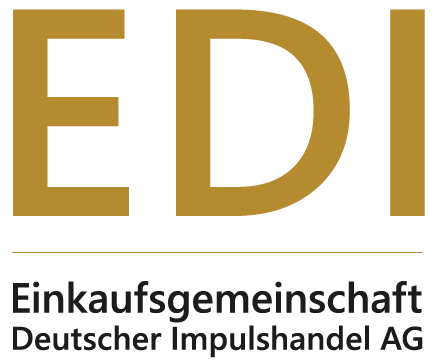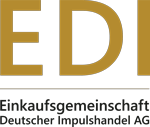Current state of the market

Current state of "organized trade" - food retailing
-
In Germany, EDEKA and REWE dominate the organized food retail trade (LEH).
-
In this context, organized trade is often merely the extended shelf of the industry/manufacturers/importers (hereinafter referred to as the industry).
-
Due to the strong media advertising presence of the industry and food retailers, consumers are encouraged to buy from food retailers, which gives food retailers outstanding market power. As a result, food retailers have the best purchasing conditions on the German market.
-
In return, food retailers have to guarantee the nationwide availability of products on the market, which is essential for the industry.
-
To do this, the industry has to negotiate with just two partners regarding the Berlin sales region due to centralized purchasing (food retail). This is then implemented by the food retailer in all its stores.
-
This is what makes the sales channel (business model) “organized retail” – food retail so attractive for every supplier.

*The respective logos are registered trademarks of the respective companies.
Current status of the "non-organized trading sector"
-
The food retail sector is contrasted by the strong sales channel (approx. 6,000 POS* in Berlin) of the “non-organized retail sector” **.
-
In contrast to “organized retailers”, individual retailers (POS) have significantly lower purchasing prices.
The “non-organized retail sector” only receives a fraction of the purchasing conditions of the organized food retail sector, as each individual retailer only negotiates its individual purchasing for itself and cannot act with the combined purchasing power of all POS. -
In addition, due to the lack of market power of the individual POS, the “non-organized retail sector” cannot even negotiate directly with the industry, but only with an intermediary (wholesale function).
*POS = Point Of Sale
**e.g. specialist drinks retailers/late-night shopping, kiosks and fast food/snack bars.


